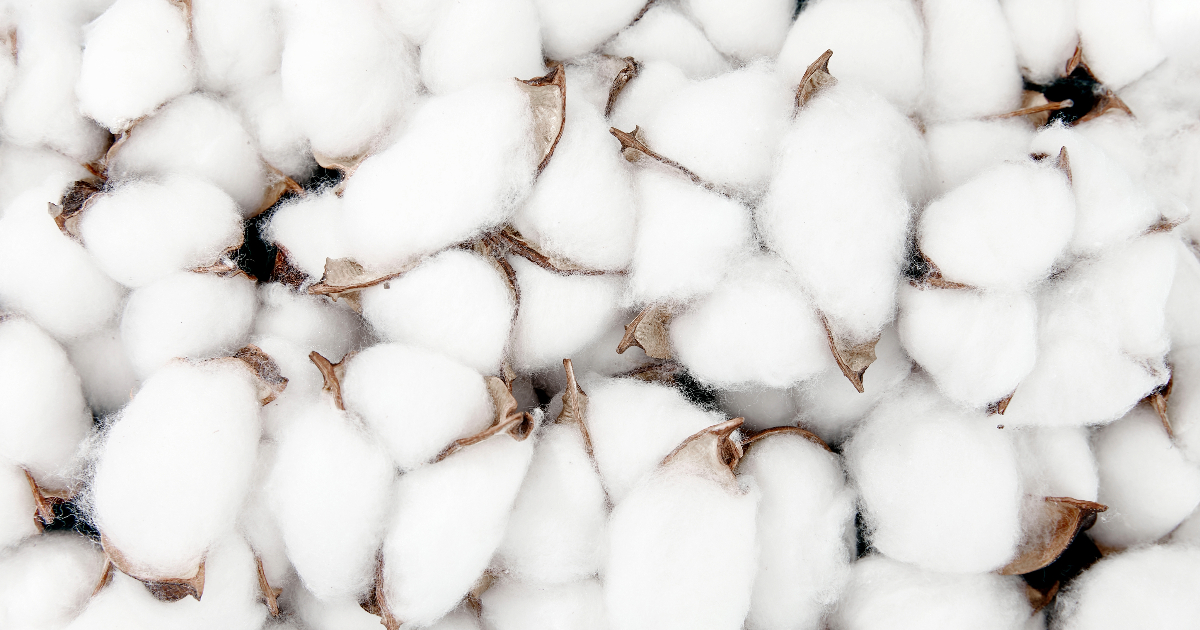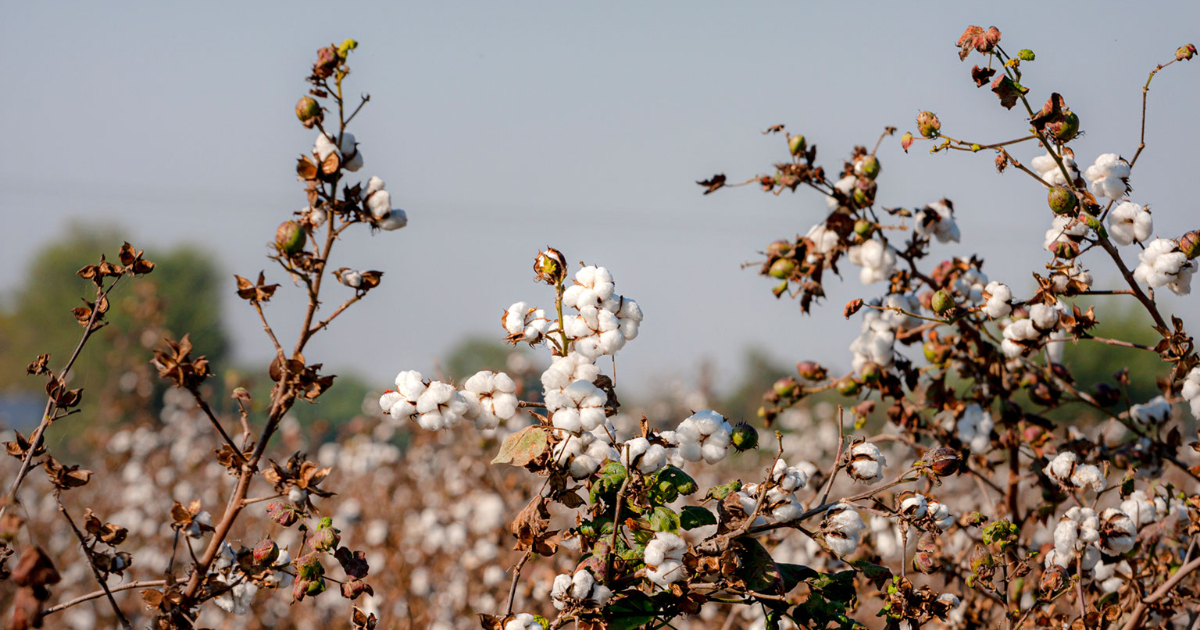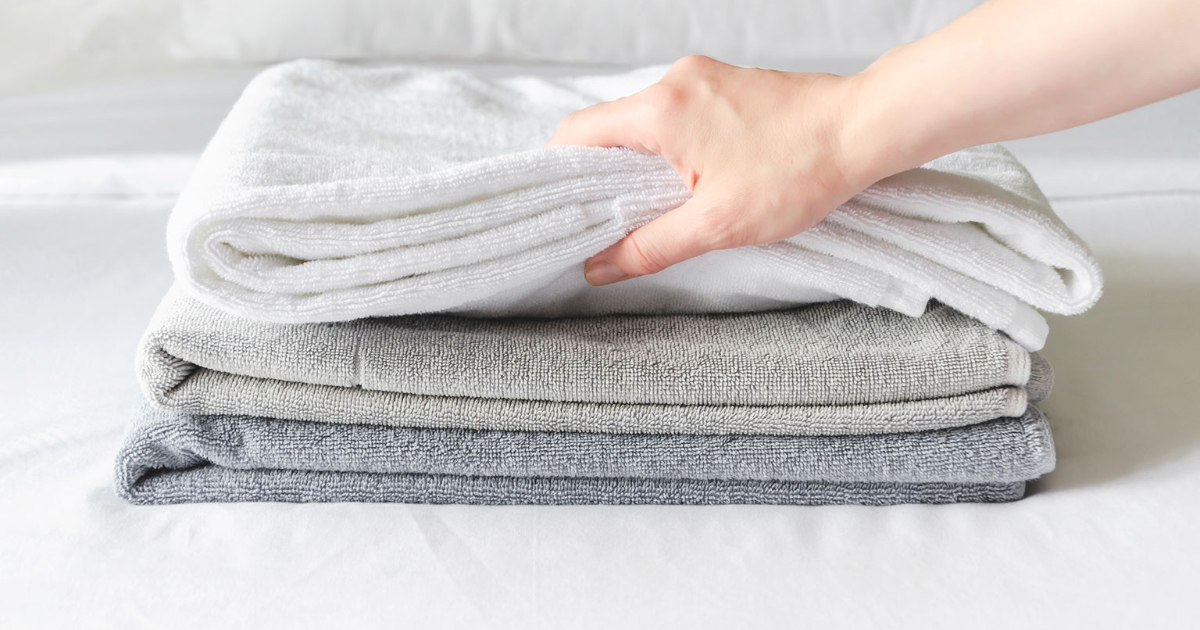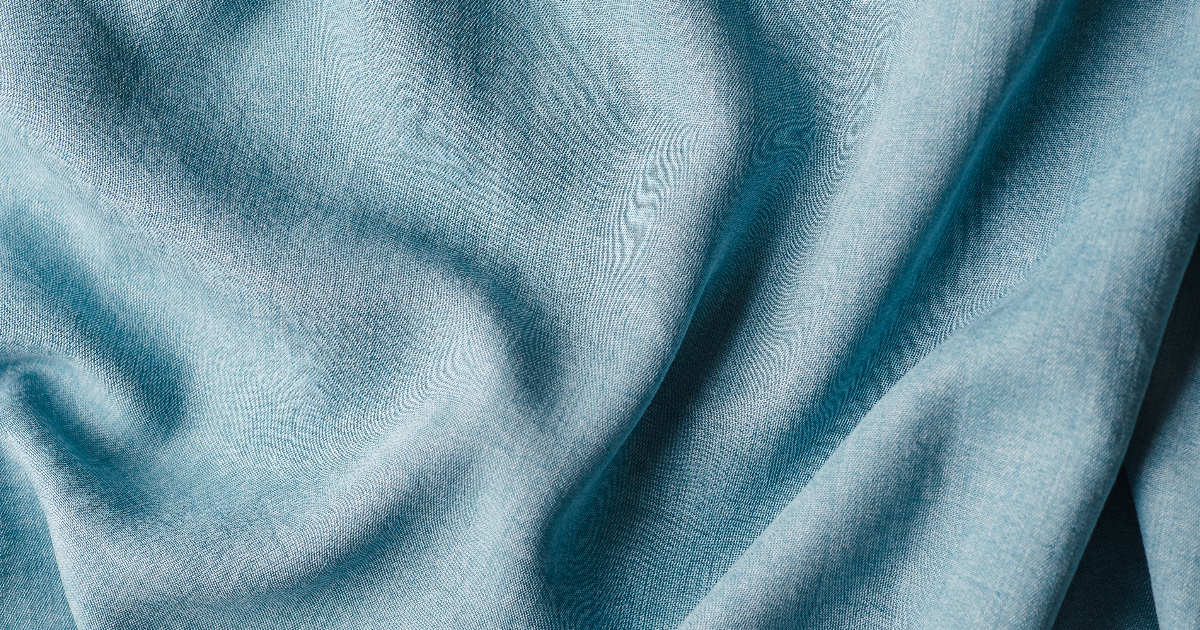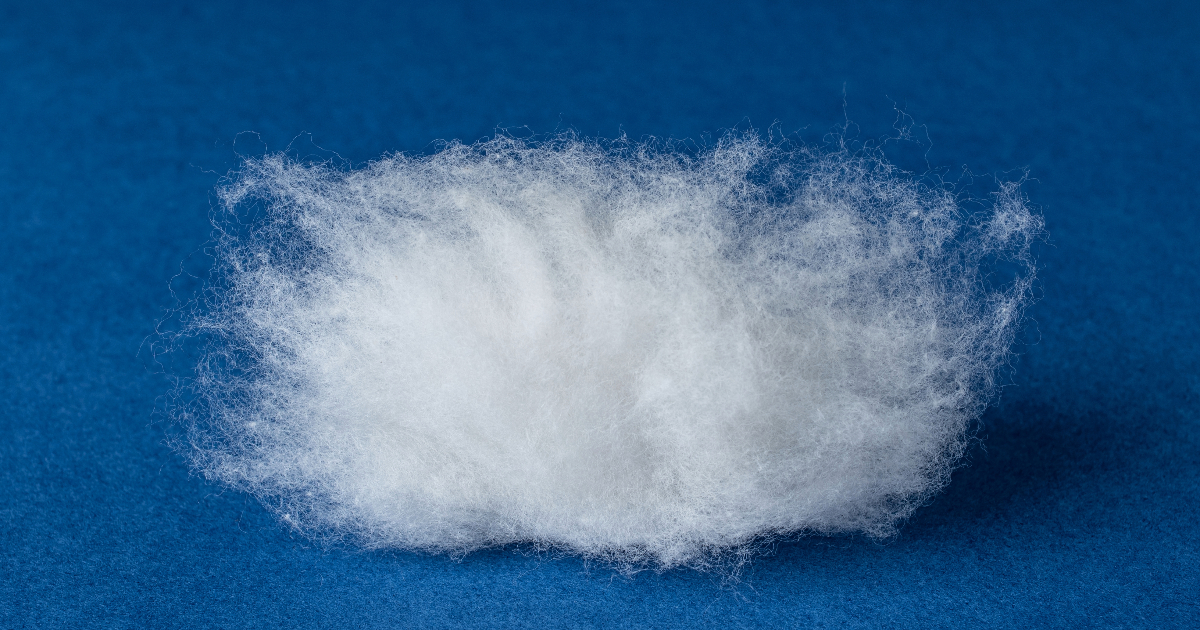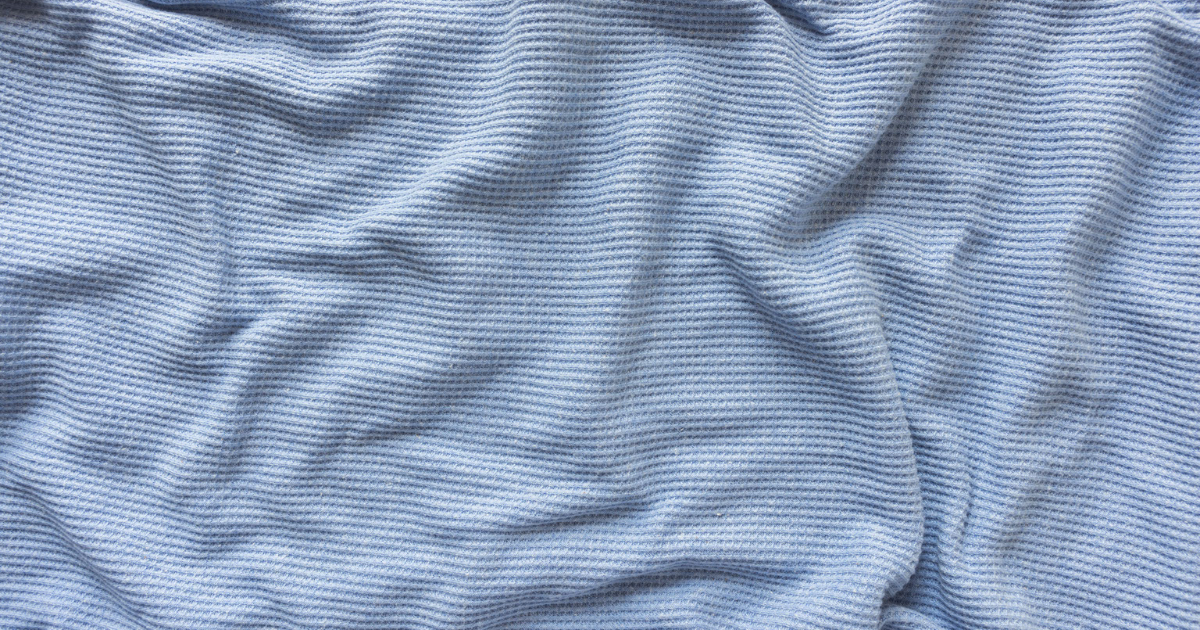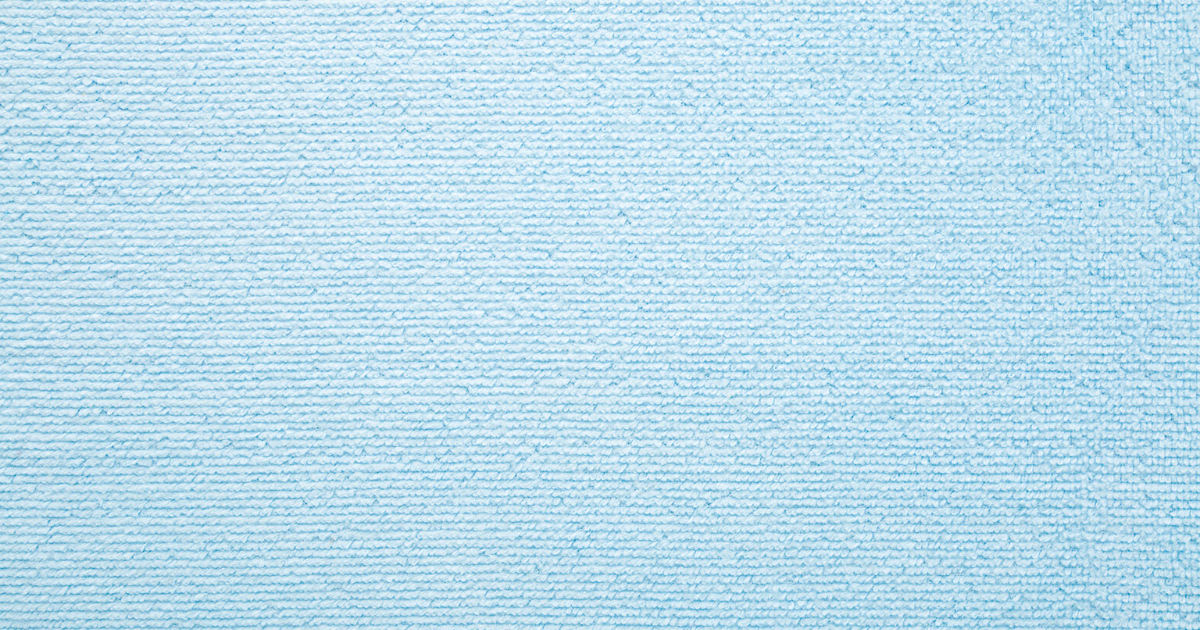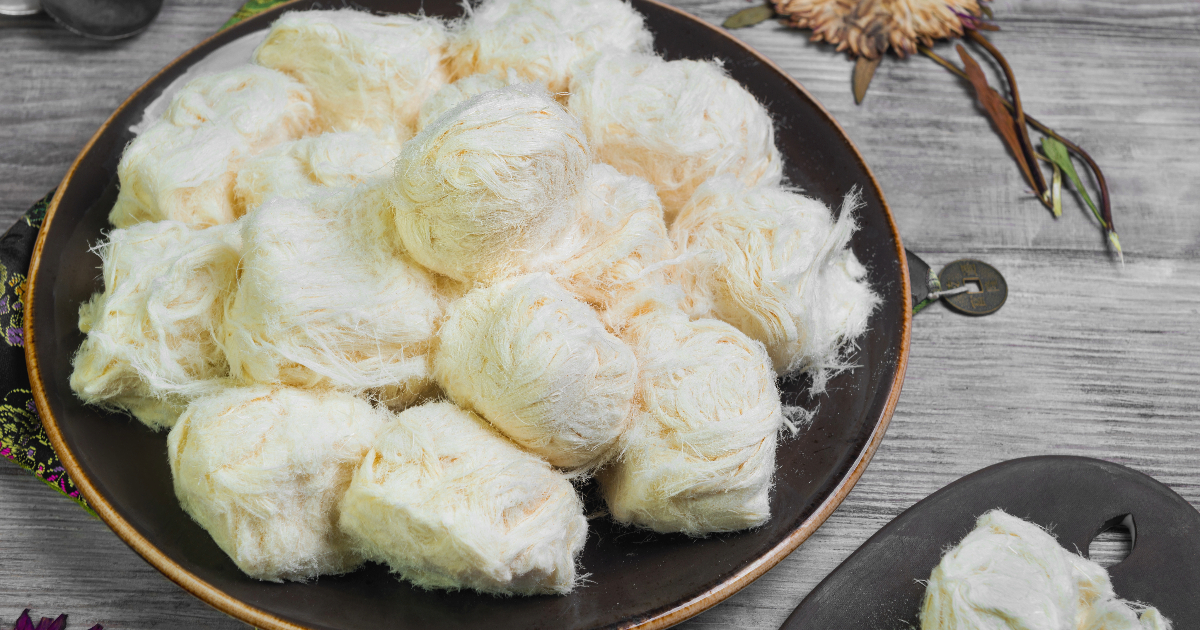Bamboo fabric is a soft, breathable textile made from the fibers of bamboo grass. It has become a popular choice for clothing and other textiles due to bamboo being a highly renewable and sustainable resource that grows quickly without pesticides. Bamboo fabric has natural moisture-wicking properties to keep wearers cool and dry. It is light and silky with a smooth finish.
Cotton is a soft, fluffy natural fiber that grows in a boll around the seeds of cotton plants. It is a staple fiber used worldwide in the textile industry for products like apparel, home furnishings, and medical goods. Cotton is breathable, absorbent, comfortable to wear, and easy to dye and print on. It’s one of the most commonly used natural fiber textiles due to cotton’s renewability, performance, and affordable cost.
Egyptian cotton is a type of cotton cultivated in Egypt that is known for its softness, durability, and breathability. It is made from longer cotton fibers than regular cotton, giving fabrics made from it a luxurious feel. Egyptian cotton is highly prized and often used in high-end bedsheets and clothing.
Linen is a natural fiber derived from the flax plant that is valued for its exceptional strength, breathability, and moisture-wicking properties. As a textile, linen features a smooth, crisp texture and understated off-white hue that lends a refined, vintage-inspired look.
Lyocell is a soft, absorbent, and sustainable regenerated fabric made from cellulose fibers sourced from renewable resources. Produced by modifying hardwood pulp, lyocell textiles emulate the qualities of fabrics like cotton, rayon, or linen- but with a less cumbersome environmental footprint. The innovative manufacturing procedure yields smooth, robust threads which weave into breathable, biodegradable fabrics.
Pima cotton is a premium, extra-long staple cotton known for its softness, durability, and breathability. Originally grown in the Southwestern United States, pima cotton gets its name from the Pima Native Americans who improved the cotton plant’s yield and fiber strength through selective breeding.
Polyester blends are fabrics made by mixing polyester fibers with other fibers like cotton, wool, or rayon. Polyester is added to improve qualities like durability, wrinkle resistance, stretch, and drying time. But polyester blends can sometimes pill easily and lack breathability compared to natural fabrics. The percentage of polyester versus other fibers impacts the qualities of the final blended fabric.
Synthetic microfibers are tiny threads made from synthetic materials like polyester and nylon. They are increasingly used in fabrics like athletic wear to enhance stretch, wicking, and quick-drying properties. However, when garments shed these fibers in the wash, they end up polluting waterways and harming marine life.
Terry cloth is a woven cotton fabric with loops on one or both sides that is very absorbent and often used to make towels, robes, and baby items. The loops are able to absorb a lot of moisture while the fabric remains fairly lightweight and quick to dry. Terry cloth can come in different weights and pile depths to create items with varying degrees of plushness and absorbency.
Turkish cotton is a type of long-staple cotton prized for its superb softness, sheen, and vibrancy. Grown in the Aegean region of Turkey which enjoys ideal climate conditions, Turkish cotton has extra-long fibers that spin into exceptionally smooth, consistent yarns. It is harvested, ginned, and baled by hand to preserve quality. Turkish cotton fabric is valued by manufacturers of luxury bedding, towels, clothing, and baby items where its strength, color integrity, and fluid drape help create premium products.


